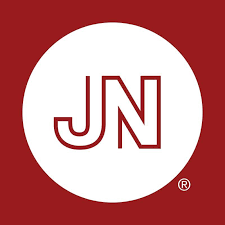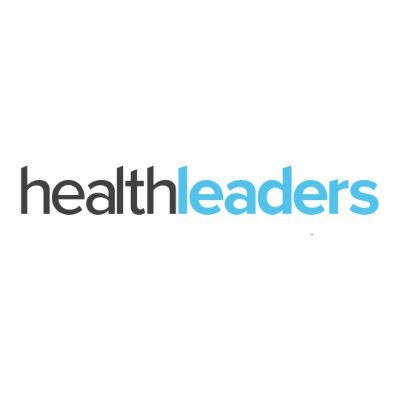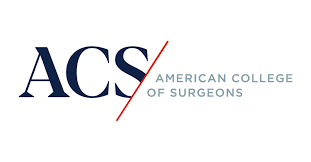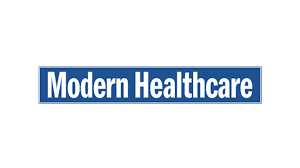
Editor's Note Hands-on, simulation-based education can dramatically raise confidence and communication among perioperative teams learning robotic-assisted surgery, AORN Journal October 22 reports. The article profiles how one nurse leader at Duke University Hospital built a comprehensive robotics training program that helped staff achieve near-total confidence in managing robotic systems safely…

Editor's Note Three days of education and networking await perioperative leaders attending this week’s OR Manager Conference, which runs through Thursday, October 30, at the Anaheim Convention Center in Anaheim, California. By the time Dan Weberg, PhD, MHI, RN, FAAN, takes the stage Tuesday morning with his opening keynote, "Healthcare’s…

Editor's Note The Centers for Medicare & Medicaid Services (CMS) announced the launch of a new model using artificial intelligence (AI) to target unnecessary Medicare spending, the agency reported in an October 17 update. The voluntary model will run from January 1, 2026, through December 31, 2031, and aims to…

Editor's Note Hospitals can reduce anesthesia costs by up to 30% and significantly curb provider burnout by embracing technology-enabled collaboration with anesthesiology practices, Surgical Directions August 27 reports. The report outlines how rising demand, workforce shortages, and variable pay structures have pushed anesthesia expenditures up sharply in recent years. Traditional…

Editor's Note Financial hardship is widespread among the US healthcare workforce, with the lowest-paid workers facing rates of poverty and food insecurity comparable to those seen in the general population, JAMA Network October 22 reports. Drawing from 2020–2023 data in the US Census Bureau’s Survey of Income and Program Participation, researchers…

Editor's Note A personalized digital tool is helping patients and orthopedic surgeons make more informed, confident decisions about total knee replacement (TKR), according to BMC Health Services Research October 21. Both patients and surgeons reported the EKIT tool—a tablet-based decision aid developed in Germany—improves shared decision-making (SDM), enhances communication, and…

Editor's Note The Centers for Medicare & Medicaid Services (CMS) has activated shutdown rules that confine Medicare survey and certification work to health and safety essentials, according to an October 21 memo from the agency. Per the revised memorandum, excepted work during the federal shutdown includes investigations of complaints and…

Editor's Note Seattle Children's Hospital is tying ambient AI return on investment (ROI) to real money by targeting burnout, retention, and documentation burden to avoid multimillion-dollar turnover costs and lift data quality, HealthLeaders October 21 reports. Per the outlet, Seattle Children’s is expanding Abridge’s ambient AI across 18 pediatric specialties…

Editor's Note Robotic-assisted cardiac surgery is reshaping the field, enabling safer, less invasive procedures once deemed too complex for minimal-access techniques, the American College of Surgeons October 1 reports. Advances in high-definition visualization, wristed instruments, and surgical control are allowing cardiothoracic teams to perform intricate repairs through incisions often smaller…

Editor's Note Private equity firms are accelerating their push into outpatient cardiology, lured by reimbursement trends and a fragmented market but shadowed by concerns about patient outcomes and financial motives, Modern Healthcare October 16 reports. Investor activity in cardiology has surged alongside the Centers for Medicare & Medicaid Services (CMS)…